 Tim Duncan’s Birthday
Tim Duncan’s Birthday
Yesterday, I bumped Tim Duncan’s birthday to commemorate the 39th anniversary of Rick Monday saving the American flag from desecration at Dodger Stadium. It was also the 39th anniversary of Tim Duncan’s birth.
Timmy Duncan was swimming laps the first time I laid eyes on him. He was twelve years old.
It was mid-September of 1988 and I was teaching algebra, geometry, and trigonometry at Country Day School on the island of St. Croix. My classroom was twenty yards from the Olympic-sized pool that Country Day shared with the St. Croix Dolphins Swim Team.
Timmy – like his older sister Tricia Duncan – was a member of the Dolphins Swim Team. And like his sister – who competed earlier that month in the 100-meter and 200-meter backstroke at the 1988 Olympics in Seoul, Korea – Timmy had aspirations of swimming in the 1992 Olympics in Barcelona. Timmy was a freestyler at 50, 100, and 400 meters.
I’m not exaggerating when I say that Timmy was in the pool every time I was in the pool – and I was in the pool almost every day. The difference between the two of us – other than the fact that Timmy was 12 and I was 45 – was that Timmy loved to swim and I hated it. He was trying to make the Olympic Team and I was trying to build up sufficient stamina to swim two miles without stopping.
ABC’s Wide World of Sports came to St. Croix four months earlier, in May, to host the inaugural America’s Paradise Triathlon – at which time I became obsessed with an irrational notion of participating in it when the triathlon returned the following May. America’s Paradise Triathlon – termed “The Beauty and the Beast” – consisted of a two-mile ocean swim, a 56-mile bike ride, and a 13-mile run.
In the past, I’d completed more than a dozen 13-mile runs and once biked for 50 miles, but I couldn’t swim a lick. So it was in the pool or the ocean almost every day.
Happy New Year
As much as I disliked swimming, I was making progress as the calendar flipped through October, November, and December. I was confident enough to register for a one-mile ocean swim on New Year’s morning of 1989 – which meant no drunken debauchery on New Year’s Eve.
There were about 100 of us who showed up at Frederiksted Pier prior to the 8 a.m. start of the swim. Timmy Duncan caught my eye. Standing on the pier in his Speedo, he was tall for his age and skinny – and he made an impression on me just by being there. If I were his age, I asked myself, would I have sacrificed New Year’s Eve parties to show up for a swim in the ocean at eight o’clock in the morning?
I doubted it.
That showed me the kind of sacrifice and dedication that already defined Timmy Duncan at the age of twelve.
Somebody blew into a conch shell or fired a starter’s pistol, or blew a whistle – I don’t remember which – and everyone jumped off the pier, into the ocean, and started swimming.
Half an hour or so later, I staggered ashore on Rainbow Beach a mile to the north. I’d made it. Timmy had, too. But I didn’t see him because he was already on his way home. Like I said, he loved to swim – and he was good at it.
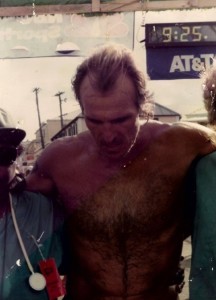 I trained like a fiend for the next five months and I’m pleased to say that I completed the triathlon the following May. Look over my shoulder and you’ll see my finish time of 9:25 – that’s nine hours and twenty-five minutes in 85-degree heat. It was grueling, but I was proud to finish.
I trained like a fiend for the next five months and I’m pleased to say that I completed the triathlon the following May. Look over my shoulder and you’ll see my finish time of 9:25 – that’s nine hours and twenty-five minutes in 85-degree heat. It was grueling, but I was proud to finish.
By then, I’d added a new job to my resume – sports reporter for the Virgin Islands Daily News. In fact, I was the only sports reporter on the island, so I covered every sport from horse racing to croquet. And one of my most active beats was the St. Croix Dolphins – which meant covering Timmy Duncan – and writing about it in the newspaper.
That summer, I covered a Dolphins awards banquet and met Timmy’s father. To my surprise, his dad was not a tall man. And I learned that Timmy’s mother had recently fallen victim to breast cancer.
Homeless in Paradise
The summer passed – and then evil befell when Hurricane Hugo struck the island on September 17, 1989.
Believe it or not, I was watching the Eagles-Redskins game on TV. We’d been warned that a hurricane was coming by a new cable channel called The Weather Channel. But it was a beautiful day and most people figured the storm would pass us by like every other hurricane for the past 50 years or so. My daughter rented a couple movies to watch that night and we bought some candles just in case the power went out.
In the football game, the Redskins jumped ahead 30-14 at halftime.
The Eagles looked awful in the first half, but they started showing signs of life in the third quarter. Randall Cunningham hit Keith Jackson for a 5-yard TD. That cut the deficit to 30-21 and I was thinking the Birds were going to come from behind to pull it out – but that’s when the power went out all over the island.
Because we were out of communication with the outside world, it was almost a week later when I learned that the Eagles did, in fact, come from behind to win the game 42-37.
Hurricane Hugo hit the island like the proverbial runaway freight train – and sounded like one too. The howling of the winds was ominous – and continued to roar all night – creating massive destruction as it passed slowly over the length of St. Croix. Come morning, the island was in disarray.
There was not one vestige of the lush green tropical foliage that existed just the day before. All vegetation had been stripped clean and the island was brown. Yachts and sailboats had been carried ashore by a tidal surge and were left parked in the streets like rush-hour traffic. So many homes were destroyed and so many people found themselves suddenly homeless – myself included.
There was no electricity or phone service on the entire island – and there were no cell phones yet. We were out of touch with the outside world and at the mercy of our own survival devices. The governor declared a state of emergency. The 38th Airborne landed, martial law was established, and a dusk-to-dawn curfew was put in place.
I found refuge sleeping on the floor in the newsroom of the Daily News.
For me, this was an unplanned and unexpected intrusion into my life, but it became an extraordinary adventure to learn how to deal with adversity. But to kids like Timmy Duncan, this was a life-changing event. I don’t know to what extent his home had been damaged, but I do know that the swimming pool where he trained every day had been damaged and wouldn’t be repaired for better than a year.
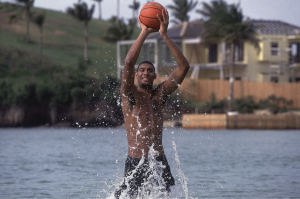 Timmy Duncan’s dreams and aspirations of becoming an Olympic swimmer had been blown away by Hugo’s fiercest of winds. The good news for him was that most of the island’s basketball facilities escaped significant damage. So when things started returning to normal in the weeks that followed, Timmy picked up a basketball and started learning how to play the game.
Timmy Duncan’s dreams and aspirations of becoming an Olympic swimmer had been blown away by Hugo’s fiercest of winds. The good news for him was that most of the island’s basketball facilities escaped significant damage. So when things started returning to normal in the weeks that followed, Timmy picked up a basketball and started learning how to play the game.
He attacked basketball with the same passion that he’d attacked swimming. By the time he reached high school and started playing for St. Dunstan’s, he’d grown to become one of the biggest kids on the floor and he was getting good – eventually good enough to start drawing the attention of college scouts.
Weak Competition?
Dave Odom was the basketball coach at Wake Forest and he was interested in recruiting Timmy. Odom was quoting as saying, “Given the weak level of basketball in the Virgin Islands, I was wary about Tim Duncan.”
As someone who covered basketball on St. Croix, I couldn’t disagree more with Dave Odom. Because Timmy Duncan was still learning the game, there were three or four high school players who, in my opinion, were better than Tim Duncan – and I’m not even lumping Raja Bell into that group. Raja Bell was never as good as Timmy, but he was good enough to play in the NBA for a dozen seasons. There was talent on St. Croix, but the scouts failed to find it. Raja Bell had to move to Florida to get discovered.
The rest of Tim Duncan’s basketball career – as they say – is history.
He played for four years at Wake Forest – 1993 thru 1997. The reason he played all four years was because he promised his dying mother that he’d complete college. At Wake Forest, he was a two-time All-American, two-time ACC Player of the Year, and NCAA Player of the Year in 1997.
The San Antonio Spurs made him the first overall pick in the 1997 NBA draft. He won Rookie of the Year honors in 1998 and won five NBA championships. He made 15 NBA All-Star Teams and was twice voted league MVP. In 2004, Timmy fulfilled his dream of playing in the Olympics in Athens – although he made it as a basketball player and not a swimmer.
I haven’t seen Timmy Duncan in better than twenty years. But since I watched him grow up and develop, I step on the court with him every time I watch him play on TV.
Happy belated Tim Duncan – and good luck in this year’s playoffs.
Barry Bowe is the author of Born to Be Wild, 1964 – The Year the Phillies Blew the Pennant, and 12 Best Eagles QBs.
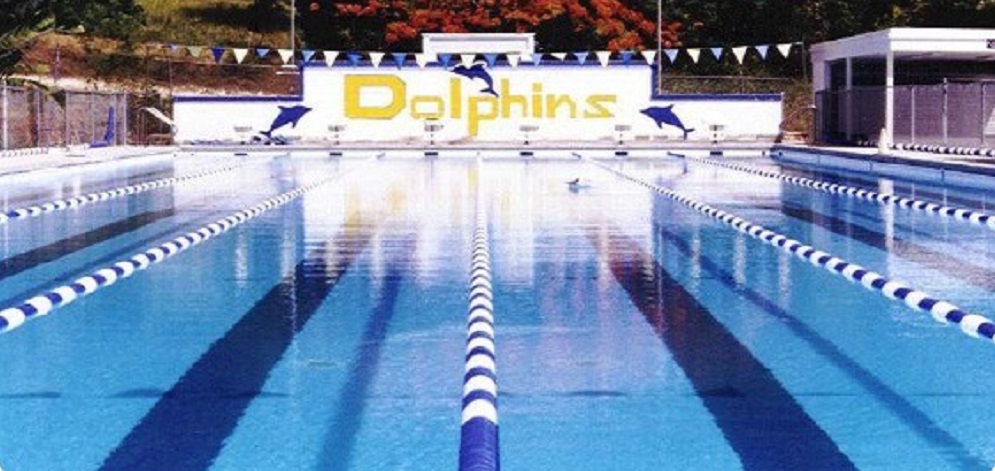
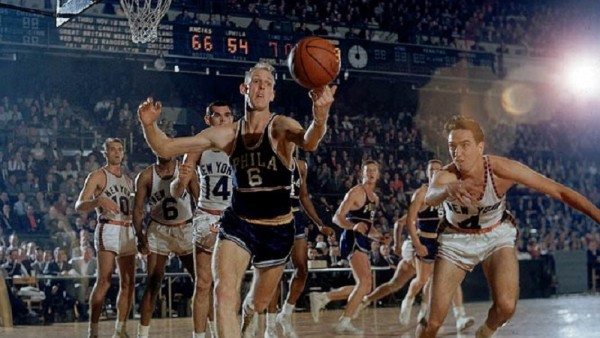

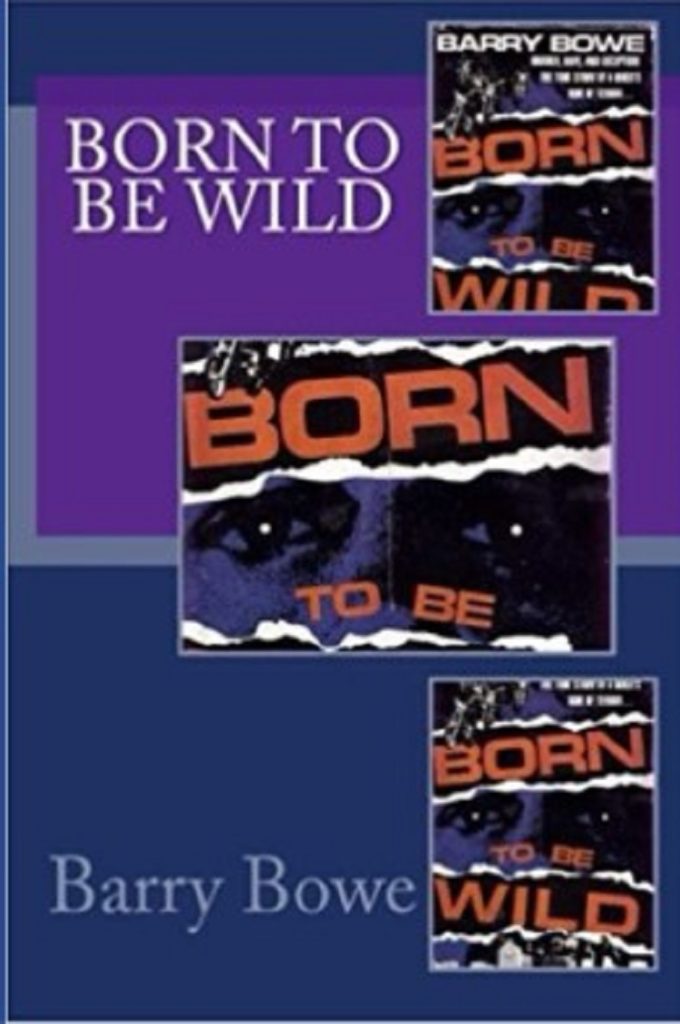
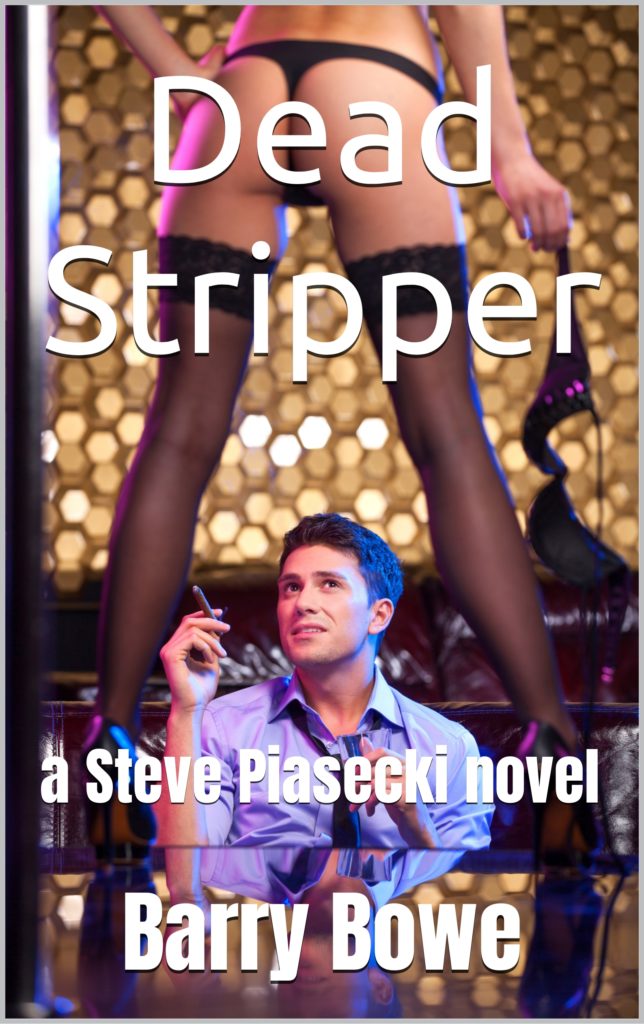
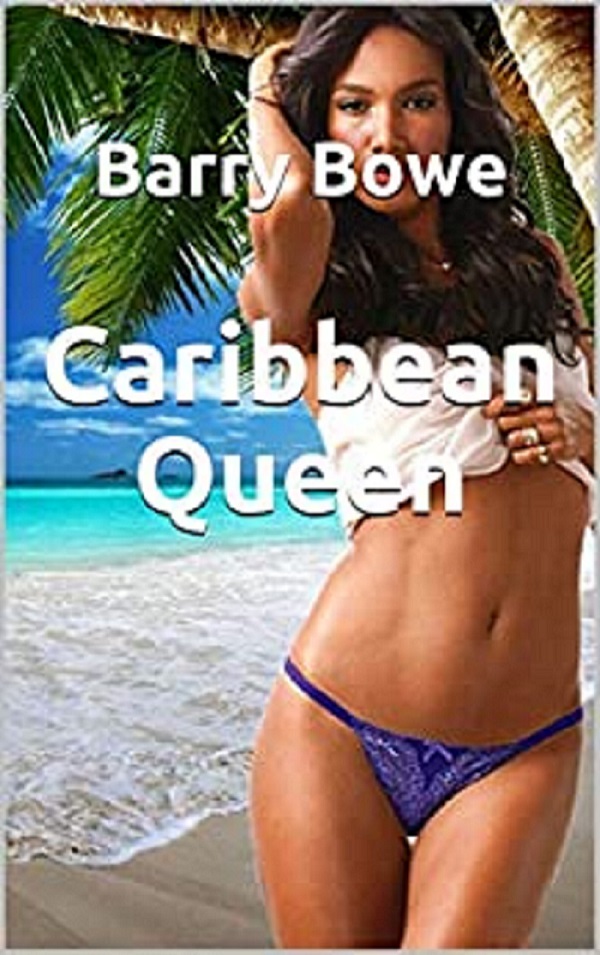
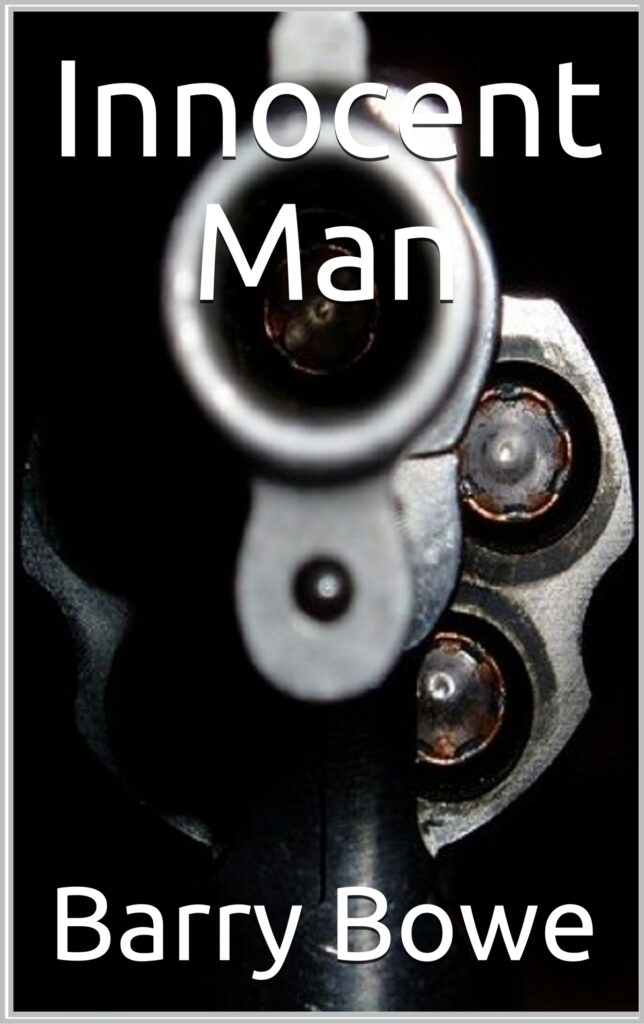
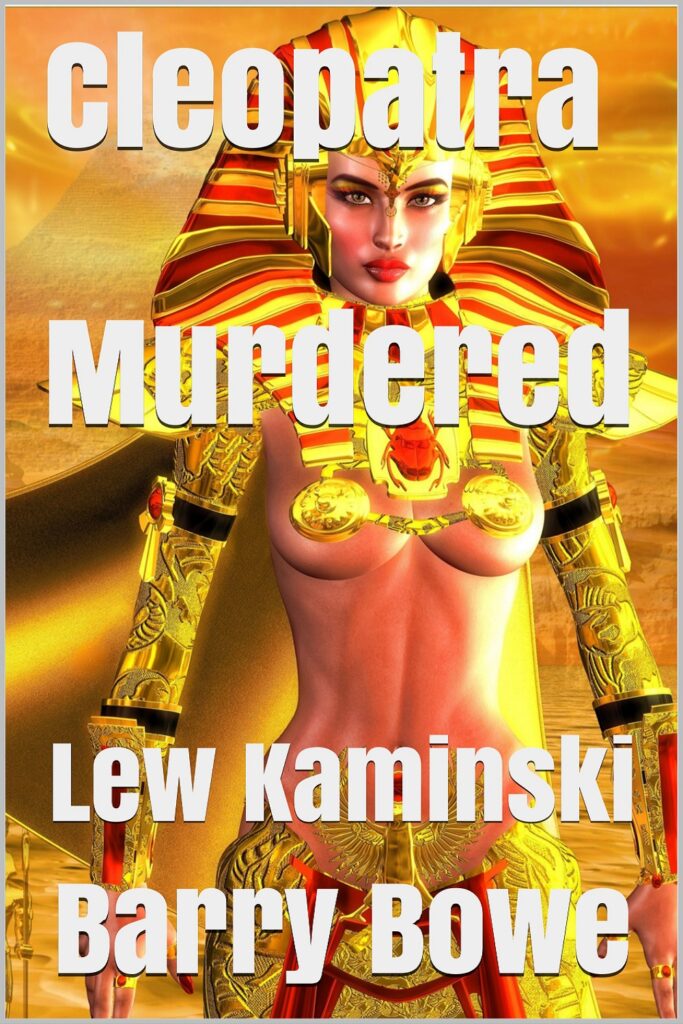
Comments
No Comments